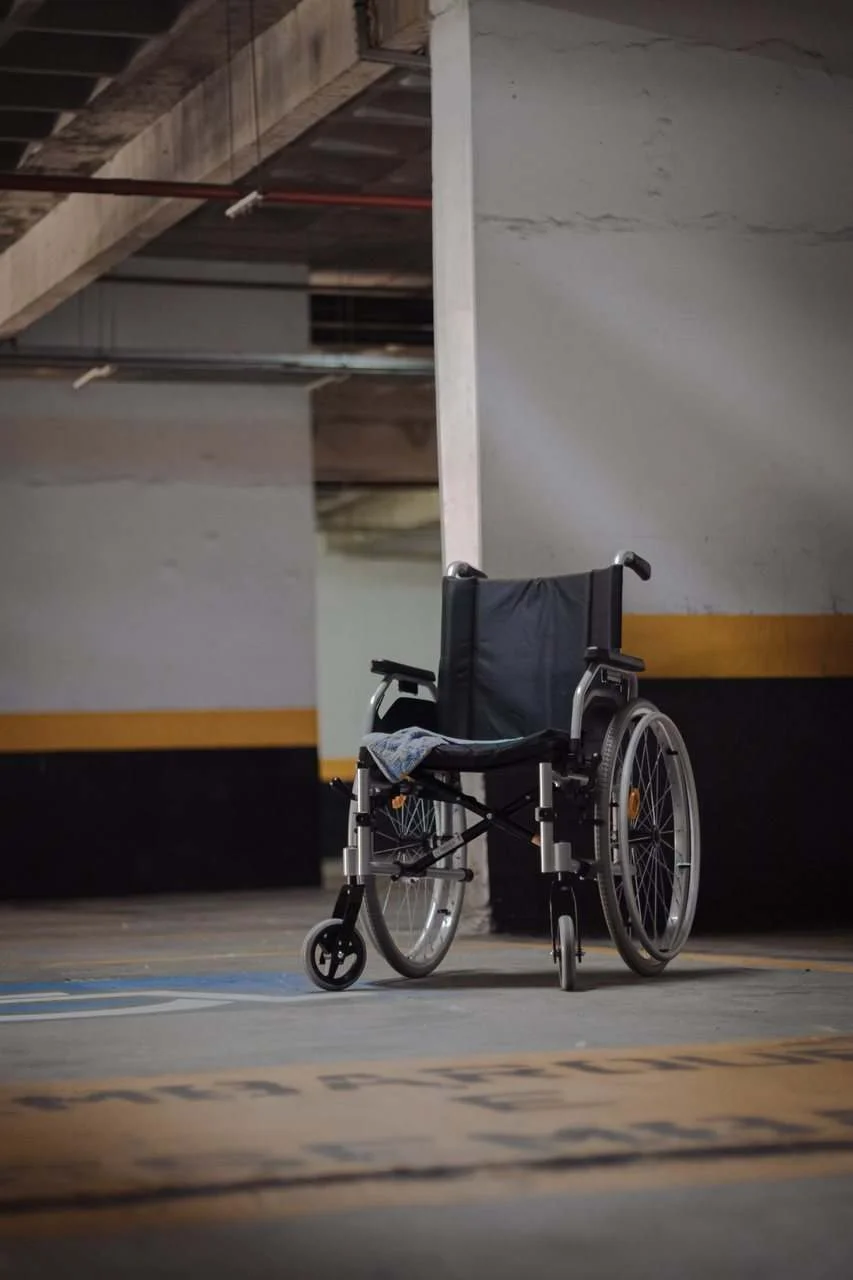The Importance of Vocational Evidence in Alabama SSD Claims: How Your Work History Impacts Your Application

When applying for Social Security Disability (SSD) benefits in Alabama, many factors come into play, including your work history. Understanding the importance of vocational evidence and how your past employment impacts your SSD application is crucial. Let’s explore why vocational evidence matters and how it can affect the outcome of your SSD claim.
What is Vocational Evidence?
Vocational evidence refers to information about your past work experience, including your job duties, skills, and the physical and mental demands of your previous occupations. This evidence helps the Social Security Administration (SSA) assess your ability to perform gainful work activities despite your disabling condition.
Determining Disability
In evaluating SSD claims, the SSA considers whether you are unable to engage in substantial gainful activity (SGA) due to a disabling condition. Your work history plays a significant role in this determination, as it provides insight into the types of jobs you have performed and the skills you possess.
Relevance of Past Work
The SSA evaluates your past work to determine if you can perform your previous job or if your skills are transferable to other occupations. If your disabling condition prevents you from returning to your past work or adjusting to other types of work, you may be considered disabled under SSA guidelines.
Residual Functional Capacity (RFC)
Your RFC assessment is a crucial component of your SSD claim. This assessment considers your physical and mental capabilities and limitations resulting from your disabling condition. Vocational evidence, including your work history, helps inform your RFC assessment and determines your ability to work.
Types of Vocational Evidence
Vocational evidence may include documentation such as job descriptions, performance evaluations, vocational assessments, and expert testimony from vocational experts. This evidence helps paint a comprehensive picture of your work history and its relevance to your SSD claim.
Obtaining Vocational Evidence
When preparing your SSD application, it’s essential to gather all relevant vocational evidence to support your claim. This may involve obtaining employment records, medical records documenting how your condition affects your ability to work, and any other documentation that demonstrates the impact of your disability on your vocational abilities.
Appealing a Denial
If your SSD claim is denied, vocational evidence becomes even more critical during the appeals process. Providing additional vocational evidence and expert testimony can strengthen your case and increase your chances of a successful appeal.
Conclusion
Understanding the importance of vocational evidence in Alabama SSD claims is essential for anyone seeking disability benefits. By presenting comprehensive vocational evidence that accurately reflects your work history and limitations, you can enhance your chances of obtaining the SSD benefits you need to support yourself and your family.